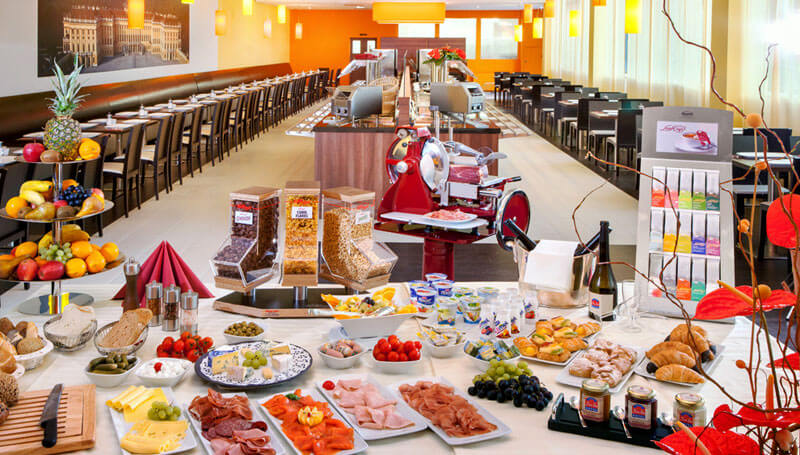
Hotels can achieve optimal pricing by implementing revenue management strategies that lead to ideal occupancy levels.
NB: This is an article from Mews
Dynamic pricing, segmentation and forecasting will help to increase your hotel’s bottom line. Additionally, you can use social media marketing and data analytics or leverage Hotel revenue management software to enhance revenue streams.
Subscribe to our weekly newsletter and stay up to date
1. Optimize conversion points
Maximize revenue by optimizing your hotel’s conversion points. Start with your online presence: manage your reputation to increase bookings from review sites and online tools like Google MyBusiness. The more conversion points designed to drive bookings you own (website and social media channels), the fewer commissions you pay to third parties, resulting in more margins.
2. Decrease your reliance on third parties
Third-party sites like online travel agencies (OTAs) bring bookings to your hotel, especially in periods of low demand. Although they offer good online visibility, their commissions cut into your profits. That’s why you should have a healthy mix of direct and indirect channels – you won’t need to rely only on third parties to generate sales.
3. Practice yield management
Yield management seeks to maximize revenue by offering potential clients the right price at the right time. Use it to understand how much of each inventory type to allocate to different types of demand. How does demand forecasting work? It uses data and industry trends to predict demand and set the price per night at a competitive rate.
4. Dynamic pricing
In the hospitality industry, demand is constantly changing. You can ensure consistent growth by adapting your pricing strategies to market conditions. Increase prices in periods of high demand and lower them when demand drops to increase occupancy. To practice dynamic pricing, you must track market events and competitor pricing. It will help you accurately forecast demand and stay ahead of the competition.
5. Embrace group bookings
Group bookings allow you to capitalize on marketing efforts and distribution costs while decreasing costs for guest acquisition. The excellent news about group bookings is that events, corporate groups and weddings usually happen in the low season when hotel rates are generally lower. Now there’s a terrific opportunity to boost profit during periods of less demand.






